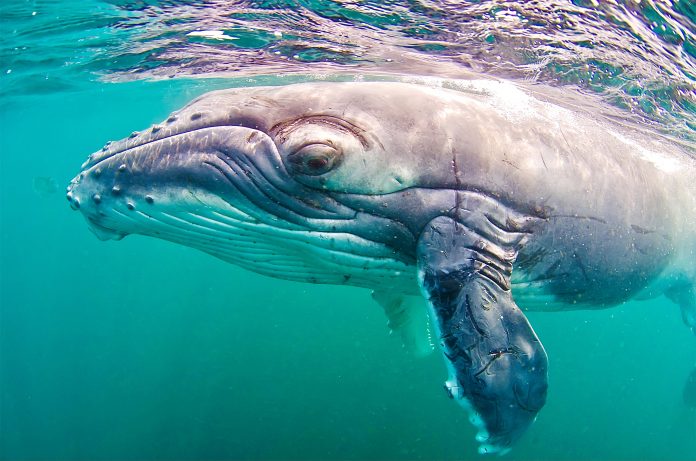
U.S. Government Urged To Establish New Regulations To Help Save The Last 50 Remaining Gulf Of Mexico Whales From Ship Strikes
By Lauren Lewis
You can help all animals and our planet by choosing compassion on your plate and in your glass. #GoVeg
RELATED ARTICLES
Banning Cruelty: New Legislation Aims To Ban Octopus Farming In The U.S.
New bipartisan legislation has just been introduced in the U.S. to ban commercial octopus farming and prohibit imports of farmed octopus from foreign countries.
The...
Outrage In Yellowstone! Grizzly Bear Killed By Wildlife Officials & Left With Head & Paws Cut Off
Photo by: Trisha McFarland / Cowboy State Daily
A photo of a dead grizzly bear with its head and paws cut off has caused an...
Inside Florida’s Illegal Horse Meat Trade: Undercover Footage Shows Racehorse Being Shot & Butchered
A heart-wrenching discovery of illegal horse slaughter has emerged, with video footage exposing the tragic killing of a racehorse named 'Funny Biz,' who was...
Popular stories
News
Thanksgiving Miracle! Utah Farmer Releases Turkeys To Activists Who Exposed Factory Farm Cruelty
Photo Credit: Direct Action Everywhere
As seen on Facebook livestream, factory farm investigators, who have been labeled “terrorists” by the FBI, worked together this year with...
Breaking News
The Critically Endangered Vaquita Porpoise Is On The Brink Of Extinction With Only 10 Remaining In The Wild
Illustration by Frédérique Lucas
The UNESCO World Heritage Committee decided this week to maintain the “in danger” status for the habitat of the critically endangered...
News
Breaking! 24 Rhinos Have Been Killed By Poachers In Just Two Weeks In South Africa Sparking Major Global Outrage
Photos By: Inverdoorn Private Game Reserve
This week, the South African Department of Forestry, Fisheries and the Environment (DFFE) confirmed that 24 rhino carcasses were discovered after...


